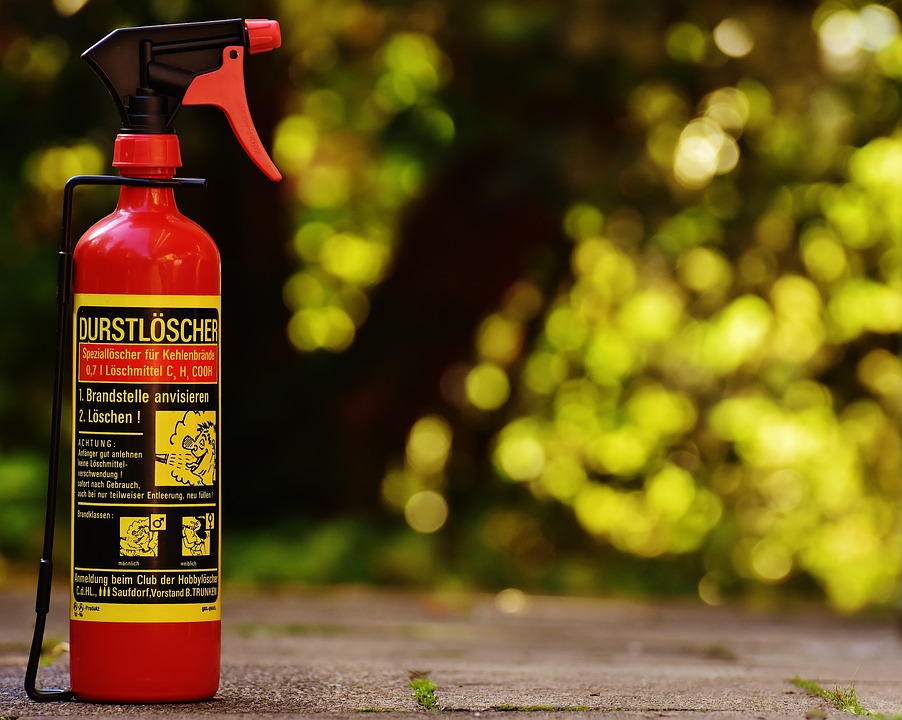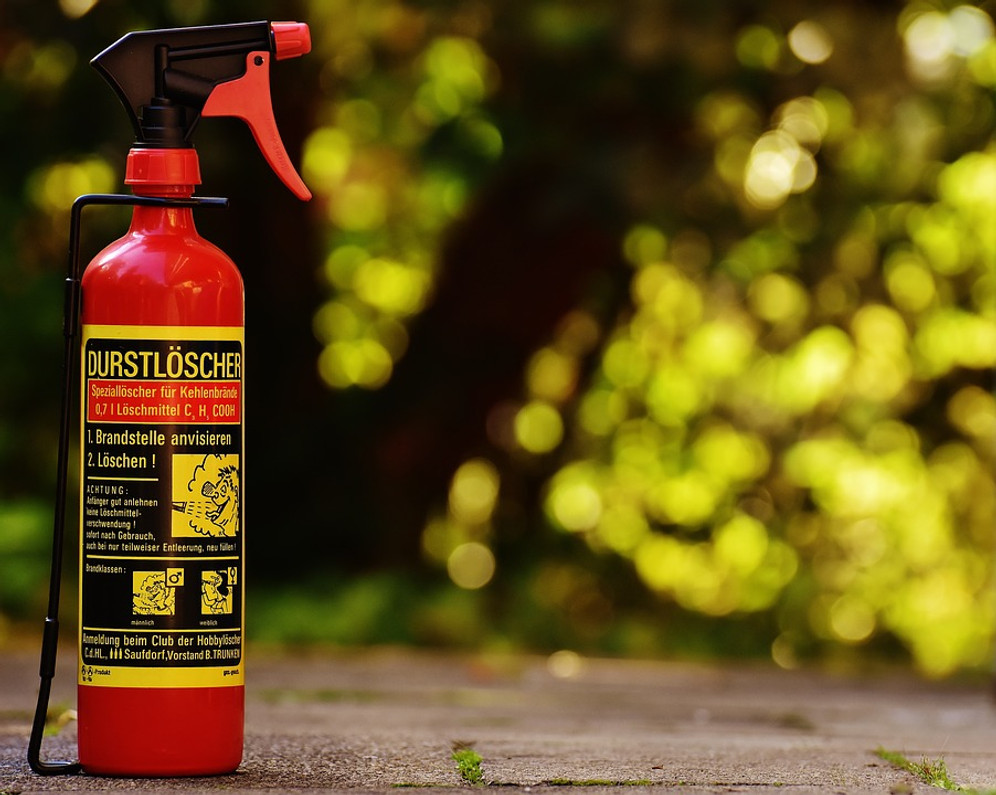Fire Extinguishers in the Workplace: What You Should Know

Each year, hundreds of workers are killed and many more are seriously injured as a result of fires. While some occupations carry a higher risk of fire-related injury, the fact is that all workers are susceptible, regardless of their job role. In an effort to protect workers from such injury, however, the Occupational Safety and Health Administration (OSHA) has strict rules in place requiring employers to make functional fire extinguishers readily available in their work space. To learn more about these requirements and how it affects employers, keep reading.
Make Fire Extinguishers Readily Available
Simply placing a fire extinguisher in your workplace isn't enough to comply with federal safety laws. Under [29 CFR 1910.157(c)(1)], OSHA requires employers to provide workers with portable fire extinguishers in s convenient and readily accessible location so that it does not further subject workers to possible injury. In other words, workers should be able to access the fire extinguisher with minimal effort, as allows for a faster response while subsequently reducing the risk of bodily injury.
Only Use Approved Fire Extinguishers
When choosing fire extinguishers for your workplace, make sure they are approved by a national organization or government body. Although cheaper, non-approved fire extinguishers are not OSHA-compliant; thus, they could land you in hot water if you are ever audited for safety violations.
Avoid Fire Extinguishers with Carbon Tetrachloride or Chlorobromomethane
Make sure your workplace fire extinguishers do NOT contain carbon tetrachloride or chlorobromomethane. These two chemicals were once a staple item found in fire extinguishers. In recent years, though, they've been replaced by newer and safer chemicals due to their toxicity. OSHA has since banned the use of tetrachloride or chlorobromomethane in workplace fire extinguishers.
Test Regularly
Don't assume that a fire extinguisher works just because it's new. Nine out of ten times, a new fire extinguisher will function as intended. But there's always the chance of it malfunctioning or containing broken components, which can lead to serious injury in the event of a fire. This is why OSHA requires employers to test their fire extinguishers on a regular basis, checking to make sure they work.
These are just a few of the many requirements OSHA has regarding the use of fire extinguishers in the workplace. Hopefully, you never have to use it. But if a fire breaks out, a portable fire extinguisher can save lives.
Recent Posts
-
Fire Safety in the Workplace: What You Need to Know
What steps are you taking to prevent fires in your workplace? According to the U.S. Occupational Saf …Aug 23rd 2023 -
Is It Safe to Go Jogging With a Cold Infection?
If you're suffering from a cold infection, you might be wondering whether it's safe to go jogging. T …Aug 22nd 2023 -
5 Safety Tips to Follow When Using a Powder-Actuated Tool
Powder-actuated tools are commonly used to join materials to steel and concrete. Also known as Hilti …Aug 20th 2023




